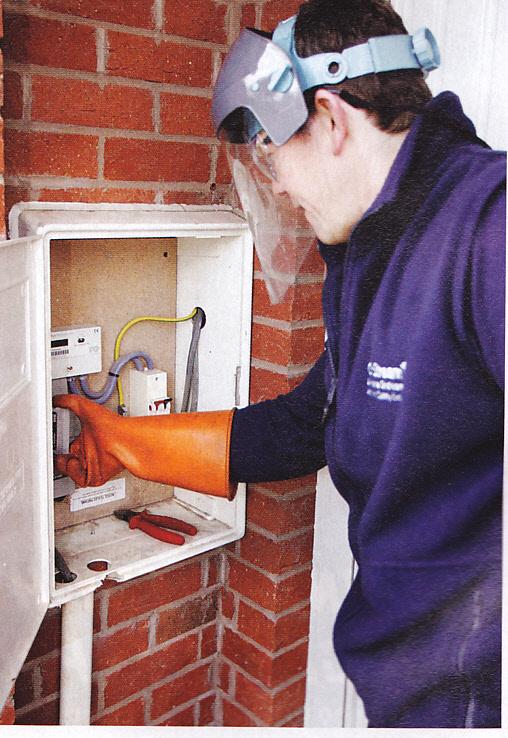My folks live in a house that was re-wired in the 80's with PVC cables but has an old Wylex rewirable fuse CU. Recently they have had issues with rat infestation leading to replacement of nearly all the upstairs lighting circuit as rats had chewed through the cables! The electrician that did the work commented to my folks: "amazing you didn't have a fire". I am clearly a bit concerned by this and consider myself to be competent on electrics but not formally trained. In the past I have replaced two similar CU's with a friend, and we just removed the DNO fuse to do the work.
I wonder if you folks can confirm somethings for me:
- Is it actually illegal to remove the DNO fuse and are many people fined/prosecuted for this?
- Any idea how much a DNO would charge to come and fit an Isolator, the DNO in question is Scottish and Southern Energy (Southampton area).
- When considering a new CU to 17th ed regs, how would you normally split the circuits up on the 2 loads: is it best to have all lights on one and then ring main, cooker, etc on the other?
- With economy 7 heaters (house has 7), Is it best to have a CU with a 100A incomer then 80A RCD followed by MCB's for each heater?
- If I was to do the work, but then get a spark to check it and sign off on it, would this be OK for Part P?
Thanks for your help.
Seth
I wonder if you folks can confirm somethings for me:
- Is it actually illegal to remove the DNO fuse and are many people fined/prosecuted for this?
- Any idea how much a DNO would charge to come and fit an Isolator, the DNO in question is Scottish and Southern Energy (Southampton area).
- When considering a new CU to 17th ed regs, how would you normally split the circuits up on the 2 loads: is it best to have all lights on one and then ring main, cooker, etc on the other?
- With economy 7 heaters (house has 7), Is it best to have a CU with a 100A incomer then 80A RCD followed by MCB's for each heater?
- If I was to do the work, but then get a spark to check it and sign off on it, would this be OK for Part P?
Thanks for your help.
Seth


